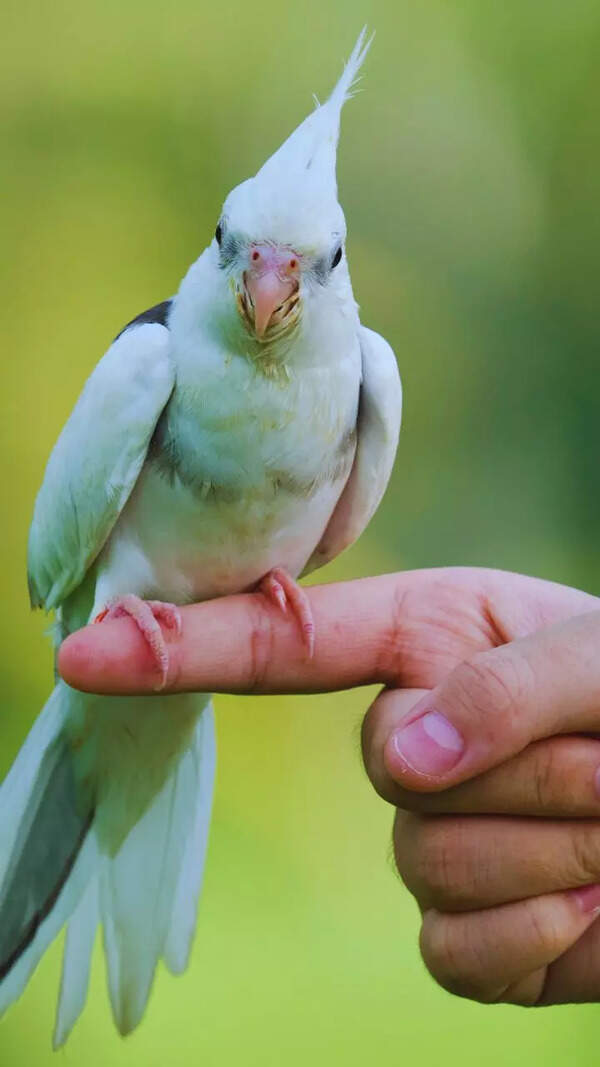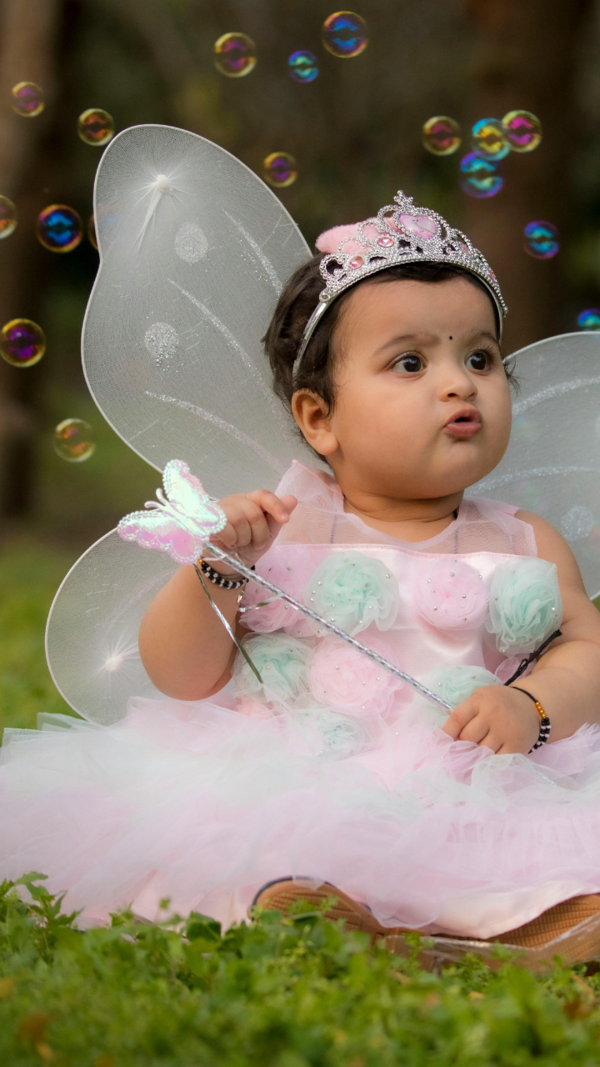- News
- entertainment
- english
- Scarlett Johansson reveals what it was like being labelled a ‘s*x object’ after Bill Murray starrer Lost in Translation: 'I couldn't get out of the cycle'
Scarlett Johansson reveals what it was like being labelled a ‘s*x object’ after Bill Murray starrer Lost in Translation: 'I couldn't get out of the cycle'
Scarlett Johansson, reflecting on her early Hollywood career, revealed she was often typecast after 'Lost in Translation,' receiving offers primarily for roles as 'the girlfriend' or 'sex object.' She felt powerless to break this cycle, with her team not intervening. Johansson also recalled filming 'Lost in Translation' with Bill Murray, noting he was going through a difficult period.
Scarlett Johansson, best known for her roles as Black Widow in the Marvel films, as well as Under the Skin, Jojo Rabbit, Lucy, and Marriage Story, has faced her share of struggles in the film industry. The actress recently got candid in an interview, opening up about her early days in cinema, her breakthrough with Lost in Translation, and everything that followed.
Scarlett Johansson reflects on life as a young actress in Hollywood
Johansson recalls filming Lost in Translation and working with Bill Murray
“Bill was in a hard place. Everybody was on tenterhooks around him, including our director and the full crew, because he was dealing with his… stuff,” she said.Johansson mentioned that she later ran into Murray at the Saturday Night Live 50th anniversary and felt that life had humbled him.Addressing the misconduct allegations against the Groundhog Day actor, she remarked, “Certainly, yes—that was really bad, but I also know COVID was a hard thing for him. Life—all these things have led up to him being held accountable for that kind of behaviour. But you know what? How wonderful that people can change.”
Check out our list of the latest Hindi, English, Tamil, Telugu, Malayalam, and Kannada movies. Don’t miss our picks for the best Hindi movies, best Tamil movies, and best Telugu films.
End of Article
Follow Us On Social Media
Visual Stories
Tired of too many ads?go ad free now










